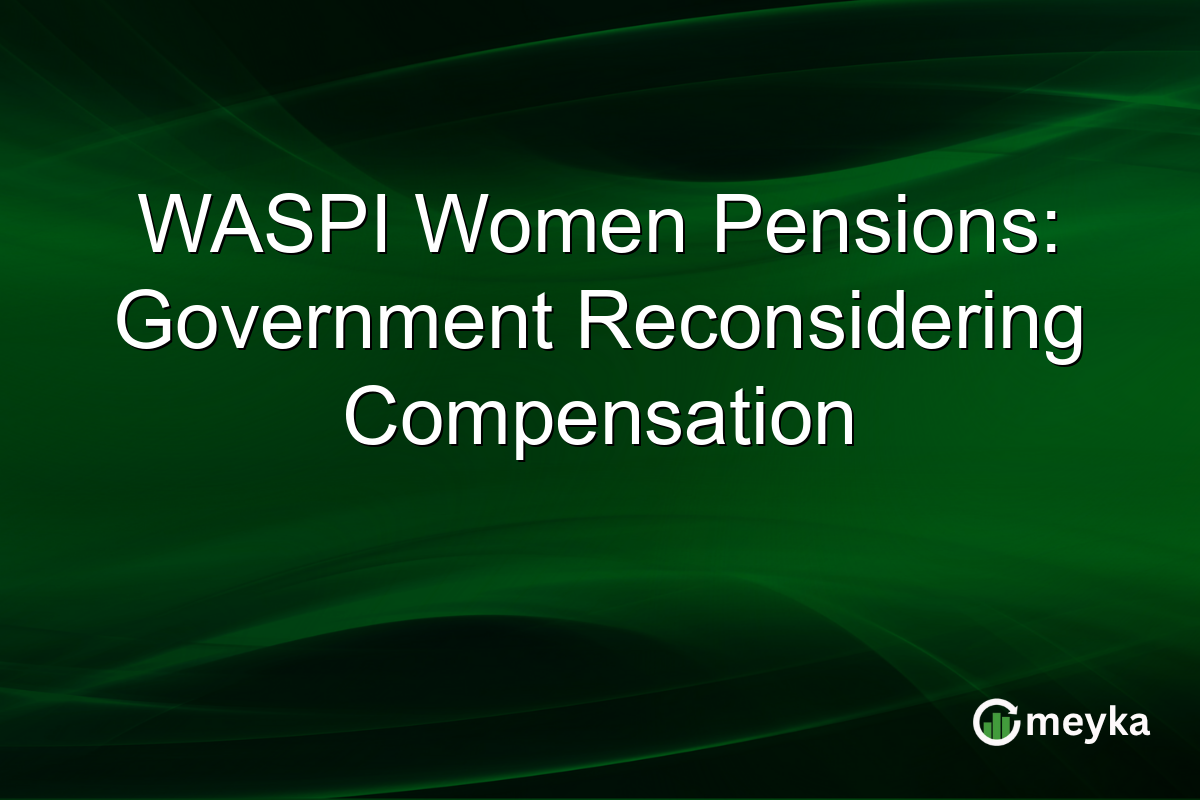WASPI Women Pensions: Government Reconsidering Compensation
The issue of WASPI women pensions has created significant debate in the UK. Recently, a shift in government stance was observed, driven by mounting pressures and a Parliamentary Ombudsman report. This reconsideration of compensation for the Women Against State Pension Inequality (WASPI) stems from concerns about financial disparities. The government has now acknowledged the need to address these inequalities, a move that could potentially influence state pension policies and women’s financial futures.
Continue Reading on Meyka
This article is available in full on our main platform. Get access to complete analysis, stock insights, and more.
Read Full Article →





